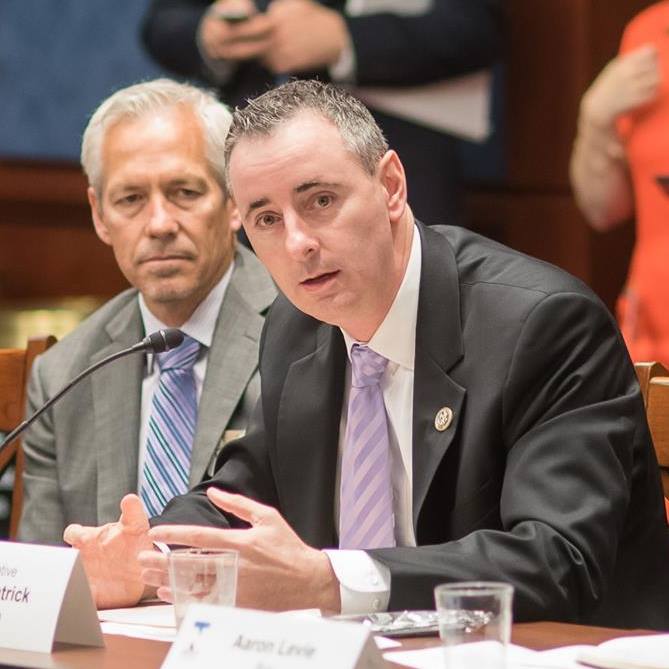U.S. Rep. Brian Fitzpatrick (R-1st dist.) wrote to the EPA, urging for direct intervention by the agency by conducting an independent environmental investigation of Rockhill Quarry.
In the letter, Fitzpatrick outlined six tests that he believes are crucial for testing the impacts of naturally occurring asbestos and how much of it made it into the residential areas.
“Nobody deserves to be the test subjects of the government. Everyone here deserves full government transparency and protection,” said Fitzpatrick. “I have written to the EPA previously asking for their oversight – the EPA has previously told me that under the National Emission Standards for Hazardous Air Pollutants, they would not intervene because a quarry is not considered residential enough. What the EPA fails to see is that this quarry was closed for decades and now the quarry is located within a residential area.”
This would not be the first time the EPA has intervened in a site outside of the scope of NESHAP – in 2003, the EPA received a petition to intervene in the El Dorado Hills site in California that was similar to the Rockhill Quarry.
The group hired by Rockhill Quarry is using modified testing procedures that have been deemed unacceptable by the EPA and the United States Geological Survey standards on multiple Superfund sites because it removes asbestos fibers from samples.
In the letter to the EPA, the congressman requested that the agency conduct an unbiased asbestos geologic investigation; perform air sampling and monitoring; assess conditions offsite; implement an off-site air monitoring program; and implement a dust control plan.
“I am calling for this investigation because the majority of these tests and calculations requested from the EPA will need data collected over the span of several years to appropriately test for asbestos levels,” Fitzpatrick said. “It is time for the EPA to put bureaucracy aside and take a look at how this is negatively affecting residents – this quarry is, in fact, in a residential area and impacts thousands of people just within a 5-mile radius.”


